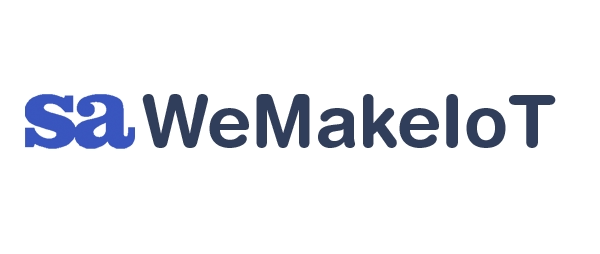Part 2: Building the Platform—Steps and Strategy for Sensor OEMs
Recognizing the value of platforms is just the first step.
OEMs must act fast, but also strategically.
In this part, we break down how sensor companies can begin their transformation.
Step 1: Lay the Digital Foundation
Before anything else, focus on connectivity and device onboarding.
Whether it’s Wi-Fi, BLE, or LoRa, secure and scalable provisioning is key.
Using standards like MQTT ensures devices stay lightweight yet reliable.
You should also decide early on the cloud infrastructure: AWS IoT, Azure IoT, or a custom stack.
Security practices like certificate-based authentication and OTA updates are a must.
Step 2: Design with UX in Mind
A platform must simplify life for the user.
Dashboards, mobile apps, and APIs must offer clarity, not confusion.
Consider these elements:
- Role-based access control
- Multi-device management
- Alerting and notification systems
- Visualizations with actionable insights
Because end-users want outcomes, not raw data, your UX should reflect that.
Step 3: Create Revenue Models Around Data
Monetizing a platform isn’t just about charging for access.
There are smarter options:
- Offer tiered analytics services
- Enable third-party integrations with APIs
- Partner with software vendors for co-branded tools
Additionally, the Digital Twin model allows for simulations, predictive maintenance, and operational efficiency.
Step 4: Embrace Ecosystems, Not Silos
Going alone is a mistake.
Successful platforms work within broader business ecosystems.
Join alliances, support open protocols, and enable third-party developers.
For example, integrating with Smart City platforms or industrial automation systems opens doors to large markets.
OEMs can position themselves as data providers in these high-value networks.
Final Thoughts
From device provisioning to cloud-native analytics, platforms help OEMs unlock true business potential.
It’s no longer about the sensor alone—it’s about the intelligence that follows.
And while building a platform is not trivial, staying product-bound may prove far more costly.
Contact us to explore how we can help you.


